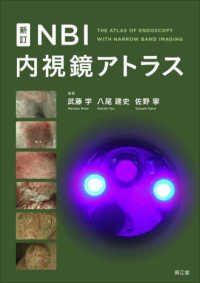Full Description
Pain is a leading cause of disability globally. The dramatic increase in opioid prescriptions within the past decade in the United States has contributed to the opioid epidemic the country currently faces, magnifying the need for longer term solutions to treat pain. The substantial burden of pain and the ongoing opioid crisis have attracted increased attention in medical and public policy communities, resulting in a revolution in thinking about how pain is managed. This new thinking acknowledges the complexity and biopsychosocial nature of the pain experience and the need for multifaceted pain management approaches with both pharmacological and nonpharmacological therapies.
The magnitude and urgency of the twin problems of chronic pain and opioid addiction, combined with the changing landscape of pain management, prompted the National Academies of Sciences, Engineering, and Medicine to convene a workshop on December 4-5, 2018, in Washington, DC. The workshop brought together a diverse group of stakeholders to discuss the current status of nonpharmacological approaches to pain management, gaps, and future directions. This publication summarizes the presentations and discussions from the workshop.
Table of Contents
Front Matter
1 Introduction and Background
2 Workshop Context: Lived Experience, Provider Perspectives, and Current Patterns of Usage
3 Effectiveness, Safety, and Cost-Effectiveness of Nonpharmacological and Nonsurgical Therapies for Chronic Pain
4 Emerging Models of Care
5 Major Current Research Initiatives and Priorities
6 Education and Training of Health Professionals in Pain Management
7 Policies to Address Barriers to the Use of Evidence-Based Nonpharmacological Approaches to Pain Management
8 Future Directions
Appendix A: References
Appendix B: Workshop Agenda
Appendix C: Registered Attendees







